Last year, Kim, a 32-year-old company worker who’s been at her job for six years, began a daily battle against herself. She just can’t fall asleep.
“Ever since I missed a promotion at work, I began to experience difficulties going to sleep. And with the lack of sleep, my work performance has been badly affected,” said Kim. She said it regularly takes her three or four hours to get to sleep.
According to data released by the National Health Insurance Corporation, Kim is one of a rising number of victims of sleep disorders. The state-run agency reported that the number of people who sought medical help for insomnia rose to 314,169 last year from 227,907 in 2008, a 37 percent increase.
“By age group, those in their 50s accounted the biggest portion of the entire patient group at 75,000, or 21 percent, of the total figure of 314,169,” the health service reported.
Out of 100,000 people, 719 received medical help last year for insomnia, the corporation reported.
Women show a higher tendency to suffer from the disorder.
Some 21,200 women went to the hospital for sleep disorders last year, many more than the around 145,000 men.
Causes of sleeplessness vary. Experts say the increasing trends of obesity, stress and overwork are some common triggers.
Aging was also pointed to as one of the main reasons behind the tossing and turning.
“As people age, a change in brain metabolism occurs, sparking physiological alterations. And that can also lead to sleep deprivation,” said Dr. Shin Su-jung a neurologist at the National Health Insurance Corporation Ilsan Hospital.
“For those who suffer from short-term insomnia caused by a sudden increase in stress levels, it’s recommended to treat them with sleeping pills. But if the problem is chronic, we recommend psychotherapy,” said Dr. Shin.
BY JANG JOO-YOUNG [jkkang2@joongang.co.kr]
|
|
||||||||




